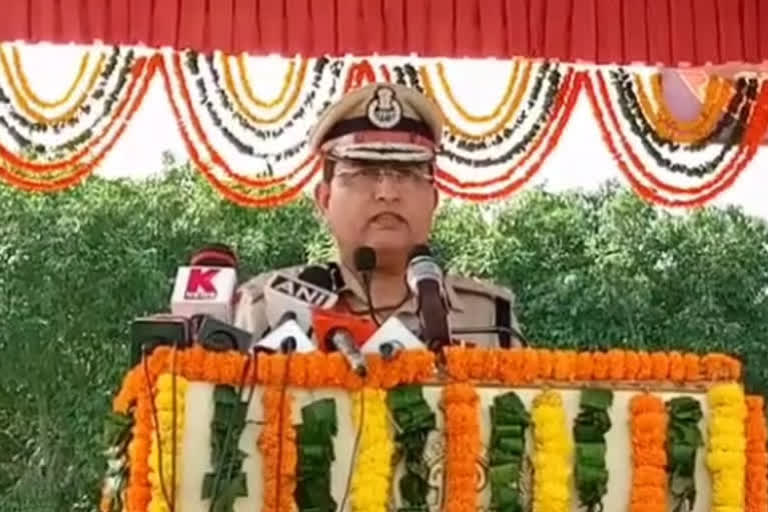New Delhi:The Delhi High Court ruled on Tuesday that there was no irregularity, illegality or infirmity in the appointment of Gujarat-cadre IPS officer Rakesh Asthana as Delhi Police Commissioner and dismissed a PIL challenging his selection.
A bench of Chief Justice D N Patel and Justice Jyoti Singh said that the procedure adopted for appointment of the 1984-batch IPS office was being followed for “nearly over a decade” and some “free movement of joints” has to be given to authorities in such matters in view of the unique requirements of the national capital.
“As many as 8 erstwhile Police Commissioners in Delhi, have been appointed by the Central Government since 2006 prior to the appointment of Respondent No.2 (Asthana), following the same procedure as has been followed for appointment of Respondent No.2 herein. There has never been any objection to the said appointments...either by UPSC or any other party,” the court stated in its 77-page judgement.
Asthana, serving as the Director General of Border Security Force, was appointed the Commissioner on July 27, four days before his superannuation on July 31.
Petitioner-lawyer Sadre Alam sought quashing of the July 27 order of the Ministry of Home Affairs appointing Asthana as the Delhi Police Commissioner while granting him inter-cadre deputation and extension of service by one year.
Delhi has witnessed challenging law and order situations, having international consequences, and thus in the wisdom of the Centre, there was a necessity to select an “experienced officer” for the post.
The court further clarified that the Supreme Court's decision in Prakash Singh case, which mandated a minimum tenure for certain police officials and the constitution of a UPSC panel before selection, was not applicable to the appointment of Police Commissioner for Delhi but were “intended to apply only to the appointment of a State DGP”.
“It ought to be kept in mind that Delhi, being the Capital of India, has a unique, special and specific requirement. It has witnessed several untoward incidents and extremely challenging law and order situations/riots/ crimes, which have an international implication, which in the wisdom of the Central Government necessitated appointment of an experienced officer possessing diverse and multifarious experience of heading a large Para-Military Security Force apart from other factors.
"As brought out in the counter affidavit by Respondent No. 1 (Centre), the impugned order was passed keeping in background the aforesaid factors,” the court said.
